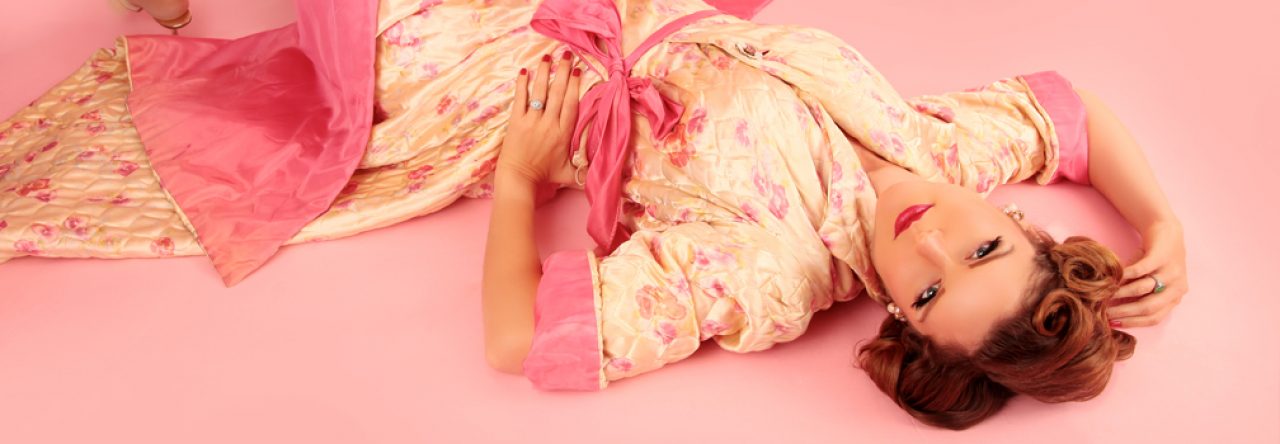Dear Noom,
I would like you to know that New Year’s Day is my most hated day of the year. It is a day when I am expected to perform that there is something wrong with me — my body, my approach to life, and my mind. It is a day when I am supposed to declare that I will optimize my flawed self in the year ahead. This ‘new leaf’ is self-hatred as social contagion masquerading as ‘wellness’ and ‘inspiration.’ What is packaged as ‘doing something for me’ is in fact to the benefit of massive corporations like Noom, which generates hundreds of millions in revenue from individuals who are being taught to hate their bodies and ‘improve’ themselves. They are so profitable that investors dropped an additional $540 million on you last year.
This year your advertisements, which I long ago blocked and reported as scams on social media, are unavoidable on television. I would like to talk about them with you as someone who nearly died of anorexia because what you are doing is diabolical, blood-on-your-hands-quality stuff.
How DARE you label hunger and desire to eat as pathologies, “psychological triggers.” You know why people want to eat? Because we are wired to need food to survive. This does not make us greedy or sick or flawed. It makes us human. If I get hungry because I see someone else eating good food, it doesn’t mean I have FOMO. It means that my body needs nourishment.
How DARE you even use the word “trigger” the way you do. When I was in my worst days of anorexia, getting bruises from my mattress and no longer speaking much, skulking from room to room in silence because I had no energy and accepted I was likely to die of what I could no longer stop, I’ll be honest that message boards for people with eating disorders were a lifeline I needed. We used the word “trigger warning” to indicate content that might cause someone to engage in more self-harm. “Trigger” was a word we used to protect our brains from pro-dieting messages. “Trigger” in its common vernacular evolved out of feminist and trauma communities. Let me be honest, advertisements like Noom’s are proof that the need for feminism is alive and well in 2023.
What I know of your service is this — it mimics many of the behaviors I engaged in on my own and messages I told myself on my own that hurtled me toward my grave. I would like you to think carefully about that. But I know you don’t care. All of this garbage weight loss stuff has always been about money for companies like yours. No matter how much you try to package it as ‘wellness.’
I am respectfully declining adamant and invasive suggestions that I pursue an eating disorder with you in 2023. Hunger is not a mental pathology. Bodies exist and they need to eat.
Thank you and please go away now.
Cordially,
Erin

